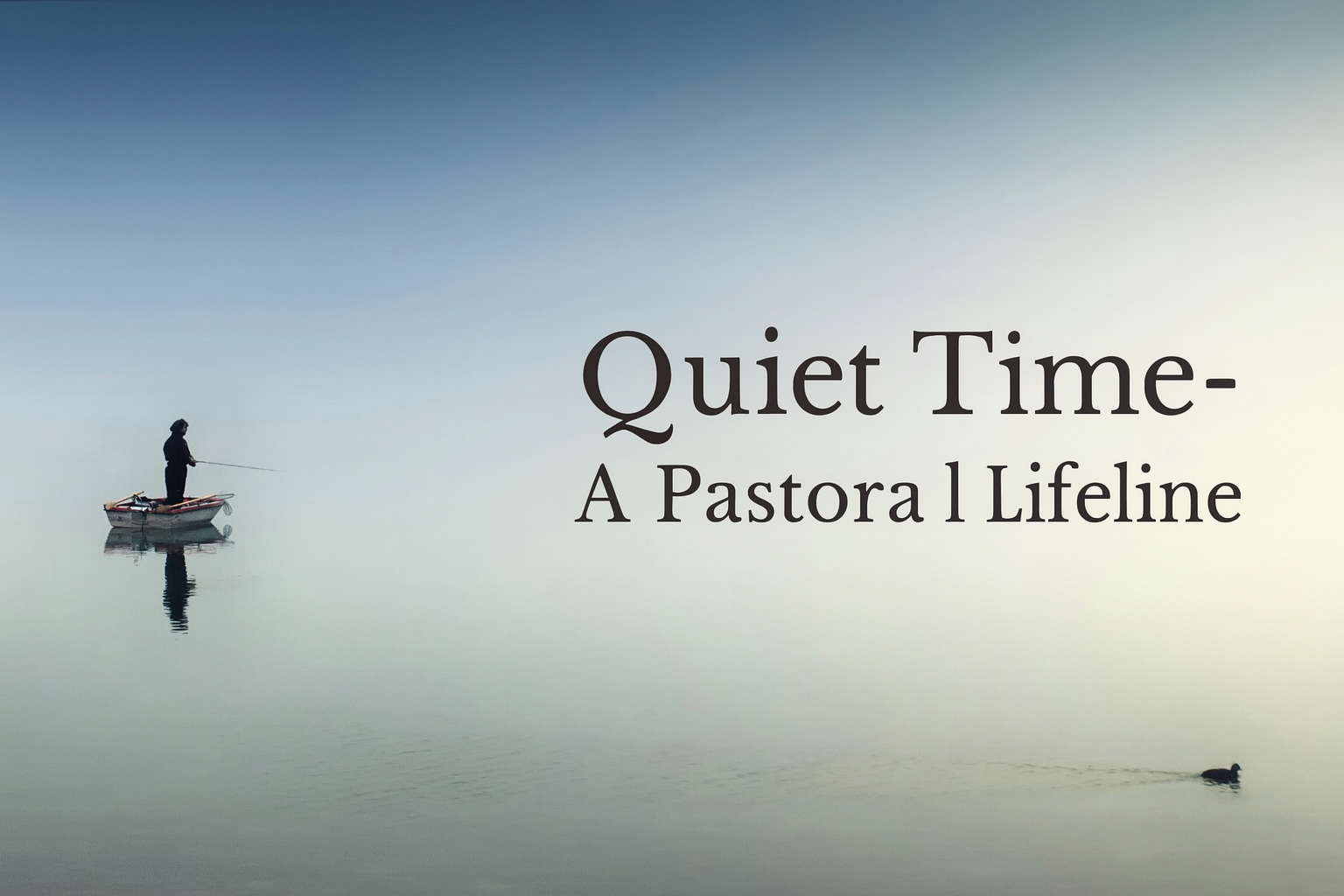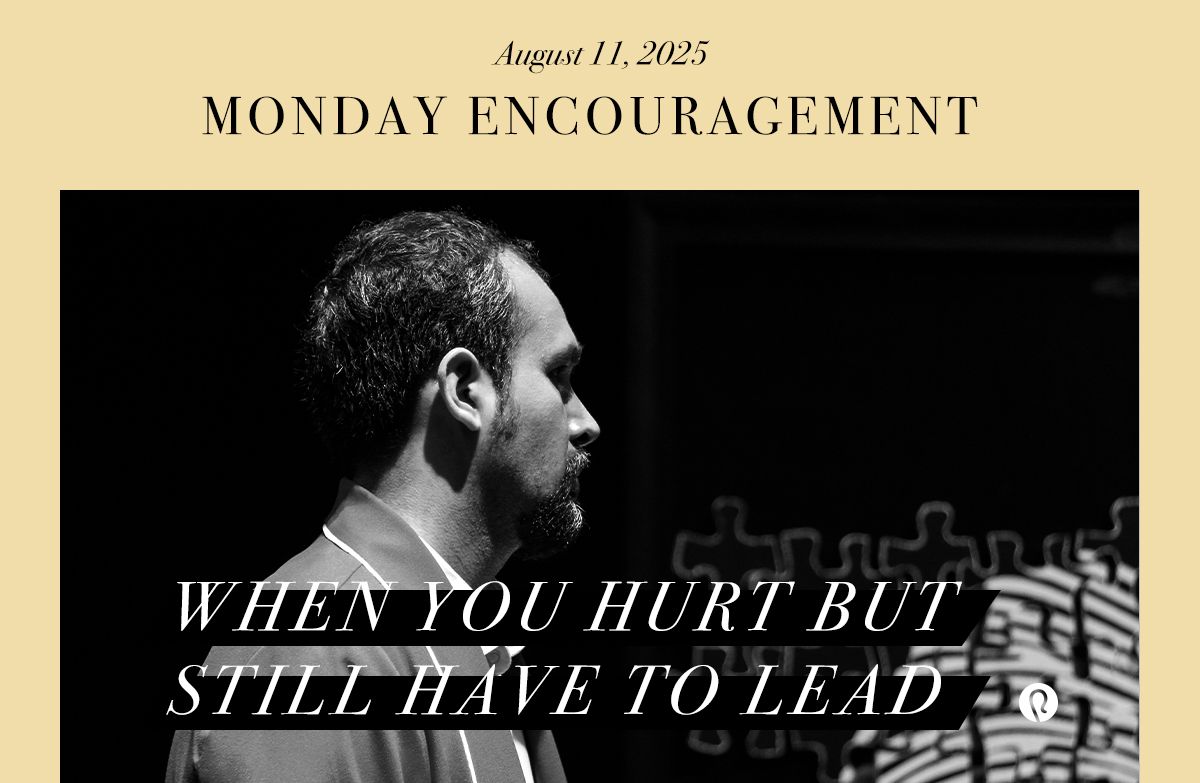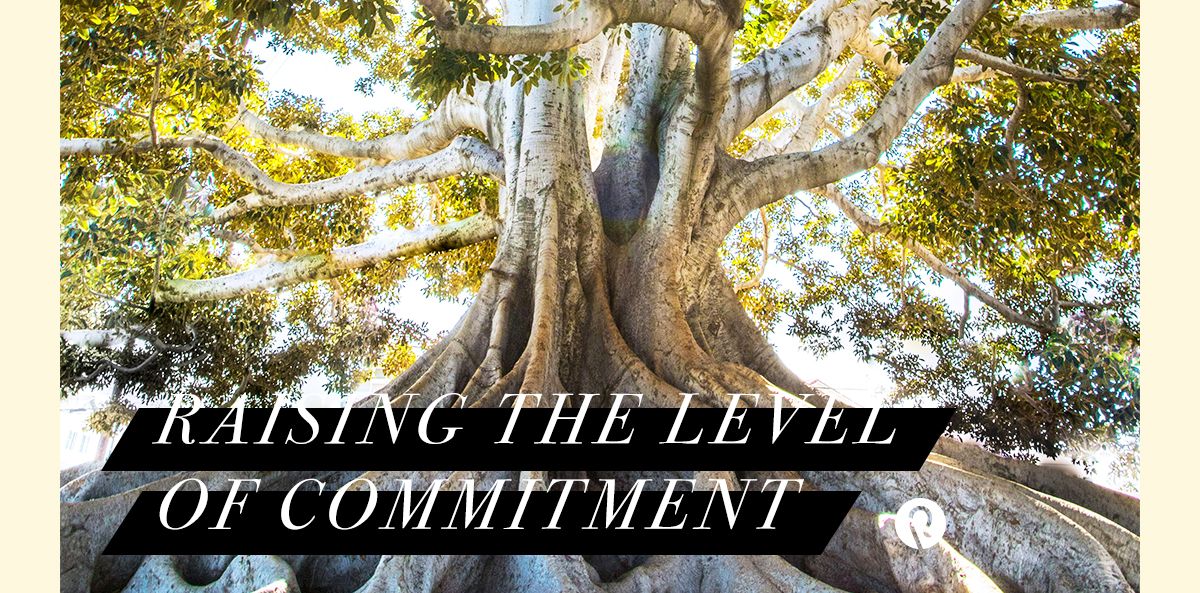FellowshipPreaching/TeachingLeadershipCelebrate RecoveryDiscipleshipSmall GroupsEvangelismWorshipMinistry
Testimony: A Safe Place to Share My Struggles

By Meeshia
"God grant me the serenity to accept the things I cannot change, the courage to change the things I can, and the wisdom to know the difference."
I am a grateful believer in Jesus. I struggle with mental health issues and addiction but am learning to live in mental health recovery with complex trauma from childhood abuse. My name is Meeshia.
Most people in recovery recognize the opening lines of the famous Serenity Prayer and have repeated those words with their mouths but not necessarily with belief in their hearts.
It reminds me of when I came into recovery, thinking I knew what it meant to have peace in my life. Peace would simply be (I thought), No More Pain. However, it did not take me very long to begin to learn that peace is not something that just happens, like a magic pill, which makes everything right. Rather, it’s a presence and resolve to believe in a power greater than myself, Jesus, who can be felt and known in all circumstances. I also discovered that this peace is not just like a gift given to me that I need to open my hands only to receive, but it is something that I need to partake in, wanting, keeping, and giving to others for it to remain. Peace comes from Jesus by faith, but mental health recovery takes action from me to keep.
Just recently, I was corralling my soon-to-be 1-year-old cat, Zuma, and I remembered the process I took for choosing his name. I love cats. There is nothing better than having one lay in my lap and purr. Their presence helped to bring me peace, so I decided that I did indeed want to find a name meaning peace. An additional challenge was that every animal our family has had, their names all began with the letter 'Z.' So imagine my excitement, after many days of googling names, to land on the name Zuma (which is Arabic for Peace)! I knew that having this cute and calm little kitten, whose name was now Zuma, would definitely bring me all the peace that I needed in my life. Fast forward to today, when sitting and attempting to spend time with Jesus in the morning, Zuma does not help bring me peace. He sits on my computer. He brings me toys he feels need to be played with, 'right NOW.' He nips at me if I ignore him. He is not living up to his name. At all.
Zuma drives me crazy—almost every day. And I wonder why in the world did I think a tomcat would bring me peace? When he lays in my lap, sleeps, and purrs, I find the settled peace that he gives almost 85.9% of the time. But at the same time, I am reminded that I am responsible for keeping that peace by having strong boundaries and making choices, along with remembering that he, indeed, is a cat, not a person. (No, you cannot bite. Yes, I see your toy. I'm shutting the door because I can't get anything done). I have choices in order to have that peace. I am a participant in my mental health, rather than someone just carried off like a cat toy.
Celebrate Recovery has given me tools like the Mental Health Recovery Form and the Colors of My Mental Health cards which help me take inventory of my mental health. Where am I powerless for triggers but responsible for learning how to self-soothe in healthy ways? Where am I to trust that God knows my mental health cycles which teaches me grace but still wants me to trust Him as I dig deeper for healing through outside therapy? Trusting Him in my mental health journey does give me peace in the cycles of mental health recovery. Taking the time to go through step studies helps me process the layers and depths of trauma and the height of His love for me. It all takes intentionality on my part; working His word into my heart will bring the peace I long for. “Now acquaint yourself with Him, and be at peace” (Job 22:21 NKJV).
The greatest gift of mental health recovery through Celebrate Recovery is knowing I have a safe place to share my struggles. I can reach out to ask for someone to speak His truths to me when my brain just will not accept it for that moment. I can share all the colors of my mental health and know I am loved and accepted. The hope and healing I receive for my mental health recovery, in turn, help me speak the truth to someone else when they need it knowing that 'what comes around; does indeed go around.' “Blessed be the God and Father of our Lord Jesus Christ, the Father of mercies and God of all comfort, who comforts us in all our affliction, so that we may be able to comfort those who are in any affliction, with the comfort with which we ourselves are comforted by God” (2 Corinthians 1:3-4 ESV). I am a participant in my mental health and am so grateful for the peace Jesus and Celebrate Recovery give me.
Celebrate Recovery has given me the tools I need to be used daily for my mental health recovery, helping me decipher what I cannot change, have the courage to change the things that I am able to, and have the wisdom to know the difference.
_______________________________________________
If you would like to learn how to start your own Celebrate Recovery ministry, to contact your Celebrate Recovery Rep, please visit: https://crgroups.info/. To get involved in an already existing Celebrate Recovery ministry near you, please visit: https://locator.crgroups.info/.







